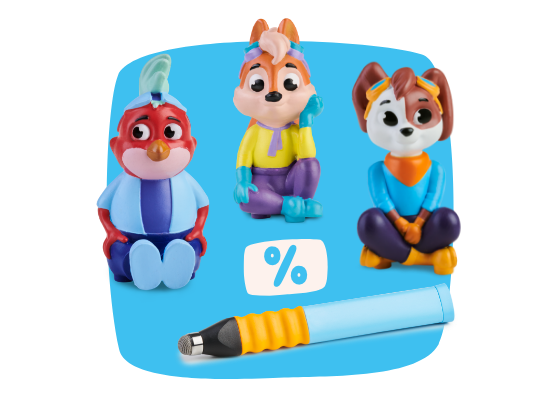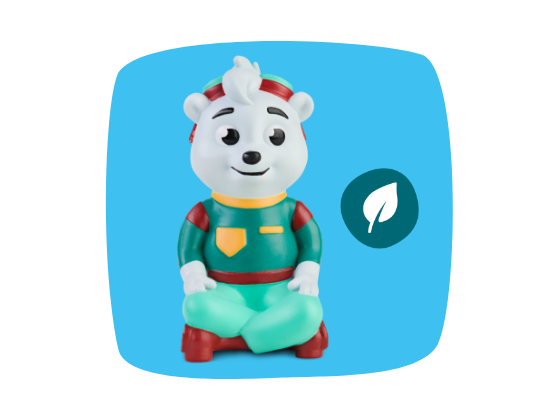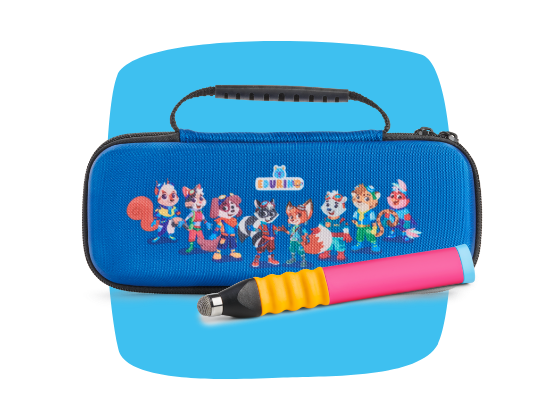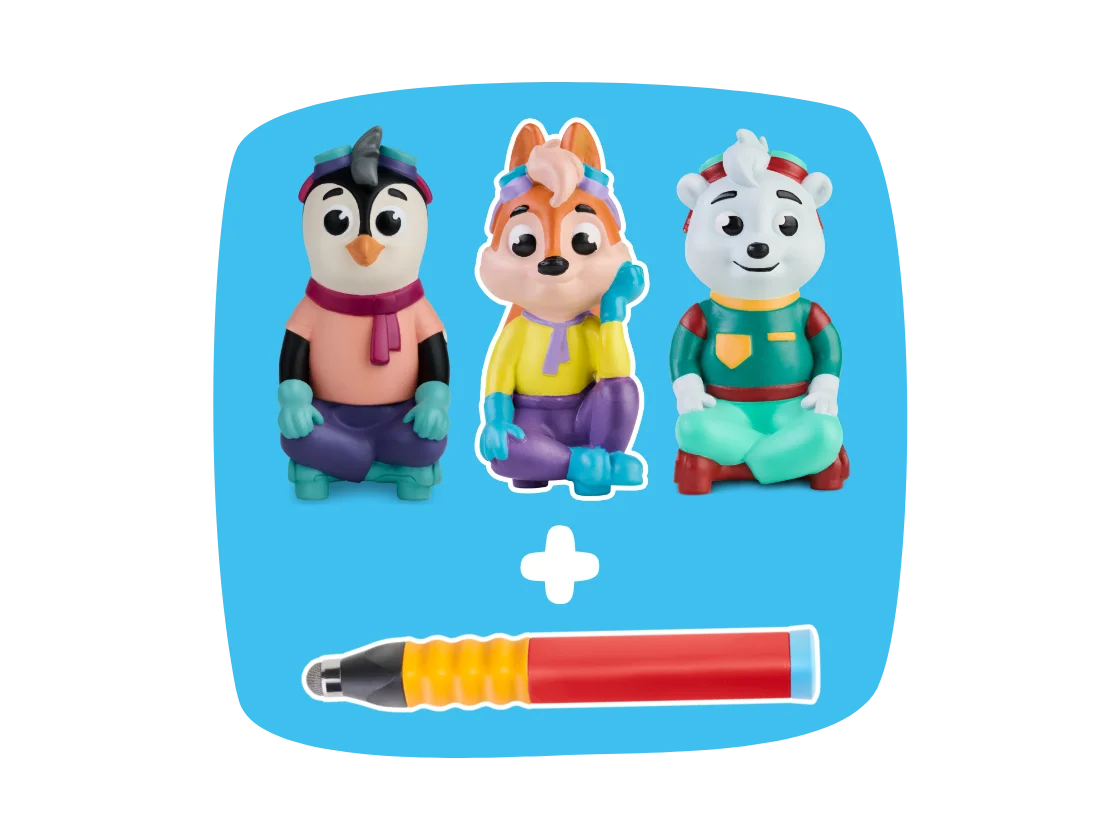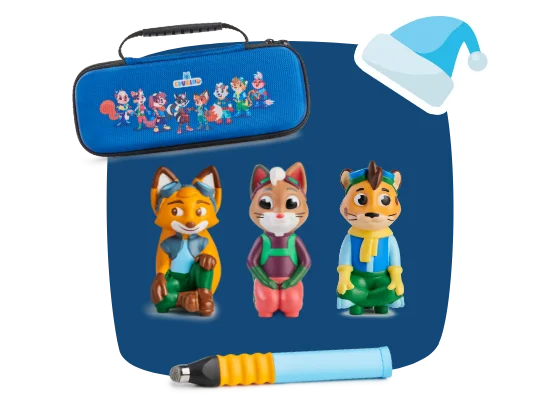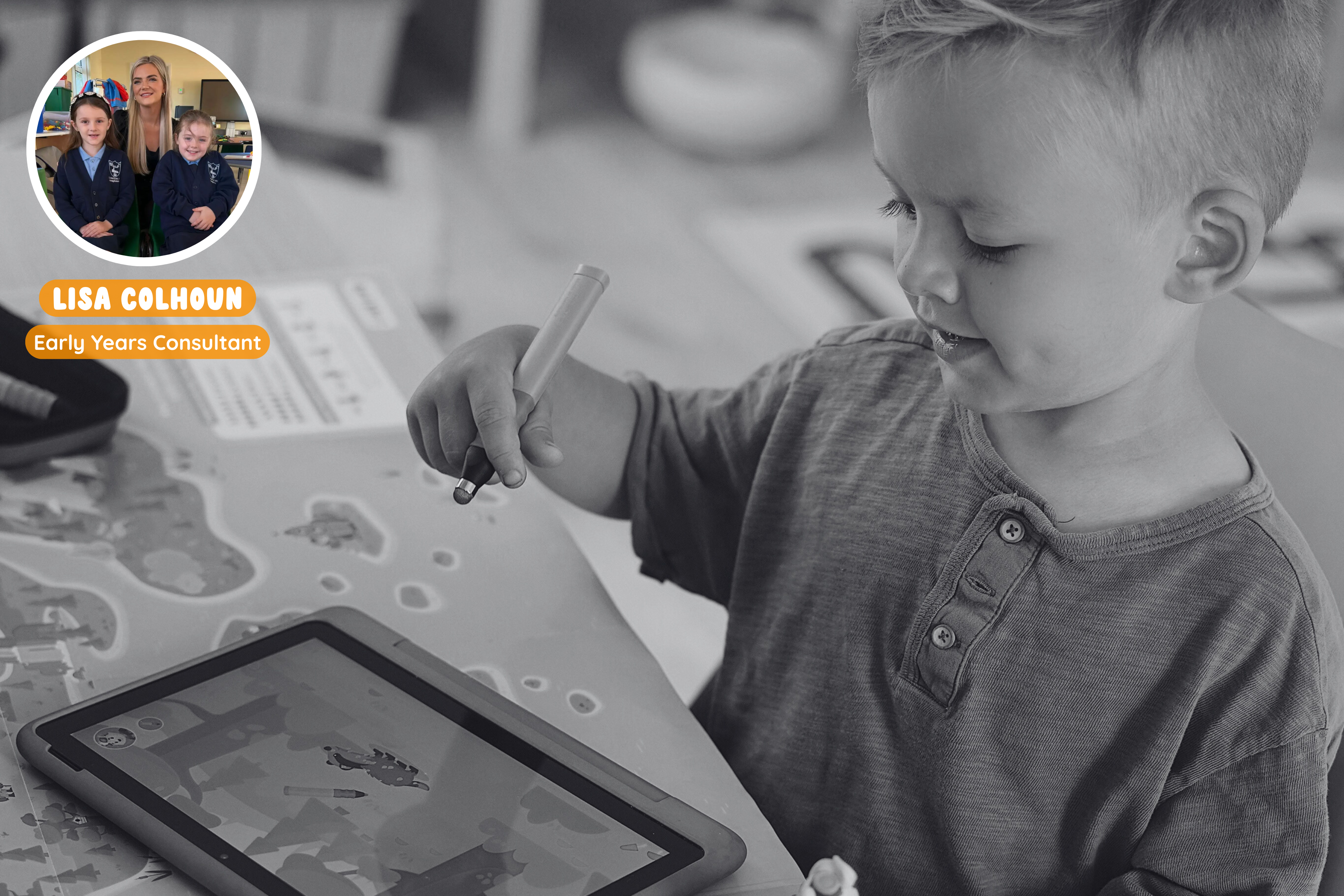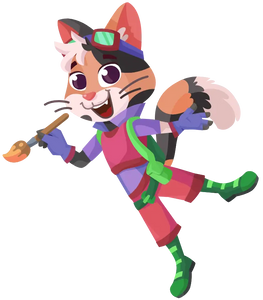Picture this: your five-year-old is supposed to be sounding out the word cat. Instead, they’re staring at the page as if it’s written in hieroglyphics. Meanwhile, you’re googling “is it dyslexia or just a phase?” while trying not to panic.
If this sounds familiar—you’re not alone. Dyslexia affects as many as 1 in 10 people in the UK. According to the The British Dyslexia Association (BDA), 1 in 10 children in every classroom are affected to some degree, with roughly 1 in 25 severely affected.
For young children (especially those just starting to read), dyslexia can feel like being handed a puzzle where all the pieces look the same. Traditional education often leans on drilling, worksheets, rote memorisation with programs such as ‘Toe by Toe’ for struggling readers; which may be great if your brain is wired for it, but crushing if it isn’t.
And then there’s the kicker: children aren’t typically screened for dyslexia until at least age 7 and therefore spending their formative school years without a diagnosis, and crucially, without the support they need to access the curriculum. Add to this the growing EHCP and diagnostic assessment backlog in the UK, children experiencing SEN and their parents often face long waiting lists for assessments and statements—sometimes years. This leaves many families stuck in the in-between, knowing their child is finding reading and writing unusually tough but without formal support in place.
Dyslexia isn’t a lack of intelligence. It’s simply a different way of processing language. And more and more research shows that learning through play, especially game-based learning, can be a game-changer. (Pun intended).
At EDURINO, we’re big believers in turning screen time into growth time. Replace mindless YouTube swiping with picking up our stylus (aka 'Magic Pen') and diving into interactive adventures that sneak in literacy skills without the pressure cooker of “sound it out again.”
Why Play Works for Dyslexic Kids (and Stressed Parents)
Educational theorist James Paul Gee is an advocate for game-based learning and believes that games make brilliant teachers because they help kids:
-
learn in context: not reading from a random flashcard, but as an essential part of a story or mission;
-
make mistakes safely: because in games, failing means you hit reset and try again;
-
get instant feedback: unlike waiting a week for a test to be marked or standing by the teacher's desk while they run wild with their green pen; and
-
engage multiple senses: kinaesthetic, audio, visual: perfect for children with dyslexic tendencies who thrive on multimodal experiences.
Now, translate that into EDURINO’s world:
-
When a child unlocks a mission with a figurine, reading doesn't feel like a chore; but a step in their adventure.
-
The stylus mimics the pencil grip they’ll use in school, building fine motor skills without tears.
-
Narration and satisfying visuals back up the text, making sure no child gets left behind.
-
Kids don’t even realise they’re learning: they feel like heroes on a quest.
For children who may show dyslexic tendencies, this is more than fun fun. It’s freedom. Freedom from feeling “behind.” Freedom from worksheets that make their confidence plummet. Freedom to see themselves not as struggling readers, but as capable adventurers.
For children who are waiting on a dyslexia diagnosis, this kind of game-based, multimodal learning can act as an early bridge. Instead of “waiting it out,” parents can offer something supportive, joyful, and confidence-boosting now.
Parents, This One’s for You
Let’s be honest: if you have a child who might be dyslexic, you’ve probably felt the quiet guilt creep in. The “am I doing enough?” or the “shouldn’t we be practicing more flashcards?” spiral.
But here’s the thing: play is practice. Structured play has been shown to boost learning outcomes by 25%. And with 90% of learning happening through play in early childhood, giving your child playful, purpose-driven tools isn’t a shortcut. It’s the smart, research-backed way forward.
And because EDURINO is designed by experts in Early Childhood Education, UK teachers and tested with real kids, you can feel confident your child isn’t just glued to a screen; they’re building skills for school and life, in ways that feel natural, fun-filled and tailored to their needs.
A Final Word for Dyslexia Awareness Week
Dyslexia doesn’t define your child, it simply shapes how they learn. With the right tools, they will thrive.
At EDURINO, we believe every child deserves learning that feels like play, especially those for whom traditional methods don’t click.
Game-based learning is a powerful tool for supporting emerging readers whether or not they have a diagnosis yet. When learning feels like play, every child gets to shine.
Dyslexia Awareness Week 2025 runs from Monday 6 October under the theme “Raise the Volume” to spotlight the voices and experiences of young people with dyslexia. You can access free resources (interactive PowerPoints for schools and workplaces, virtual events, and more) via the British Dyslexia Association’s awareness-events page - British Dyslexia Association.
If this topic resonated with you, drop us a message, we’d love to continue the conversation. Or, if you have a bubbling question you’d like our education team to tackle in our next blog please don’t hesitate to get in touch at brigid.shine.external@edurino.com.

